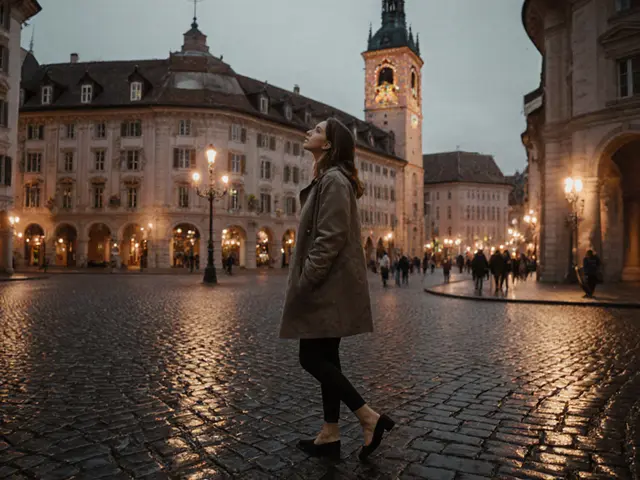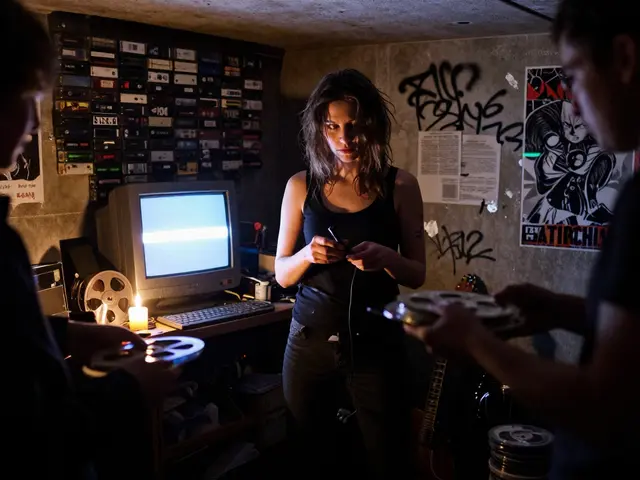The Munich Charm of Melanie Müller’s Career
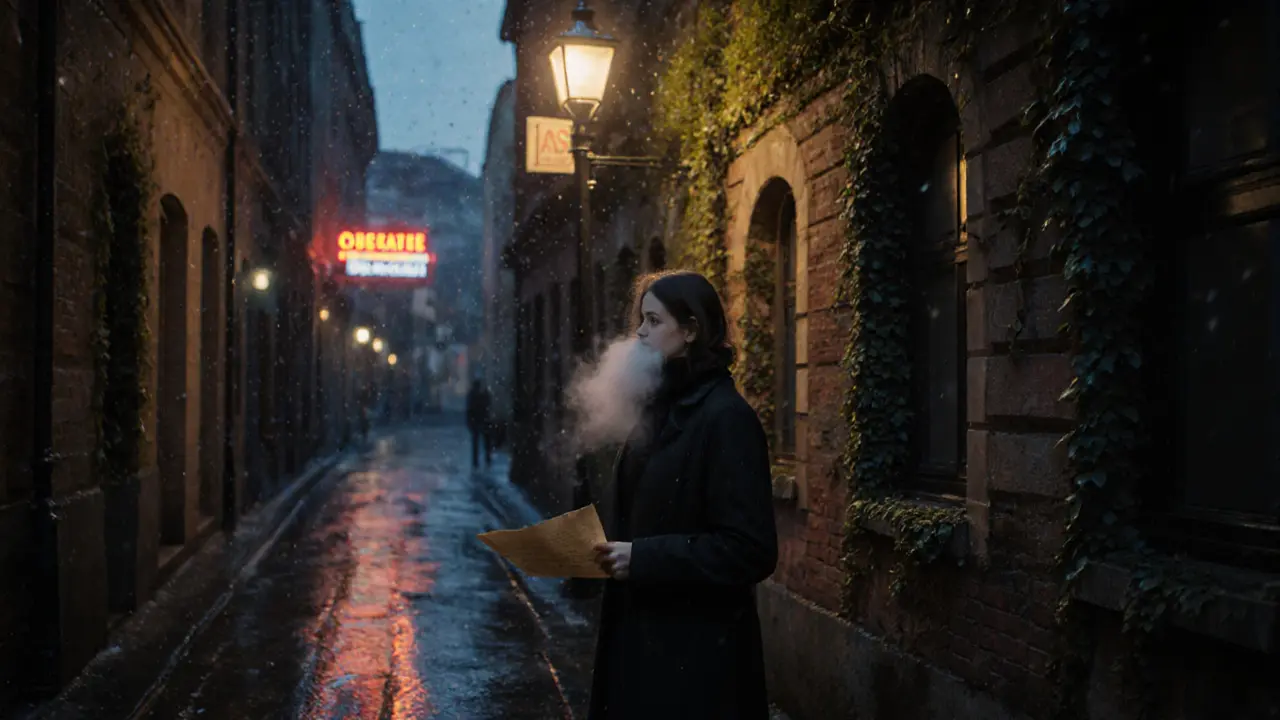
- Maximilian Von Stauffenberg
- 23 November 2025
- 0 Comments
Melanie Müller didn’t set out to become a household name in Munich. She didn’t audition for a role with a grand plan to redefine local cinema. She walked into a small theater in Schwabing one rainy Tuesday, picked up a script, and never looked back. That’s the kind of quiet start that often leads to something lasting.
Where It All Began: Schwabing’s Hidden Stages
Munich in the early 2010s wasn’t buzzing with big-budget productions. It was quiet, artistic, and full of small venues where actors learned by doing. Melanie started in community theater-plays about factory workers, lonely pensioners, and teenagers navigating first loves. She wasn’t paid much. Sometimes she was paid in coffee and bread rolls. But she showed up. Every night. Even when the audience had three people.
Her first real break came in 2014, in a low-budget indie film called Winter in the Isar. Directed by a local filmmaker who’d never made a feature before, the movie followed a woman returning to Munich after a decade away. Melanie played the lead. No stunt doubles. No green screen. Just her, a winter coat, and the frozen banks of the Isar River. The film won Best Actress at the Munich Short Film Festival. No one outside Bavaria noticed. But inside Munich, people started asking: Who is that woman?
The Munich Difference: Authenticity Over Glamour
What set Melanie apart wasn’t her looks or her voice. It was how she carried silence. In a city where theater still values precision over spectacle, she understood that emotion doesn’t need to be loud to be felt. She didn’t overact. She didn’t pose. She listened. In one scene from Der letzte Biergarten (2017), she sits at a wooden table in a beer garden, staring at her hands while her father talks about his cancer diagnosis. No tears. No music. Just the clink of glasses and the hum of a distant accordion. The scene lasted 97 seconds. It became a reference point for acting students at the University of Music and Performing Arts Munich.
Unlike actors in Berlin or Hamburg who chased international roles, Melanie stayed. She turned down offers from Netflix and Amazon because she wanted to work with local crews who knew the rhythm of this city. She believed stories rooted in Munich’s neighborhoods-Bogenhausen, Haidhausen, Giesing-deserved the same attention as those set in New York or London.
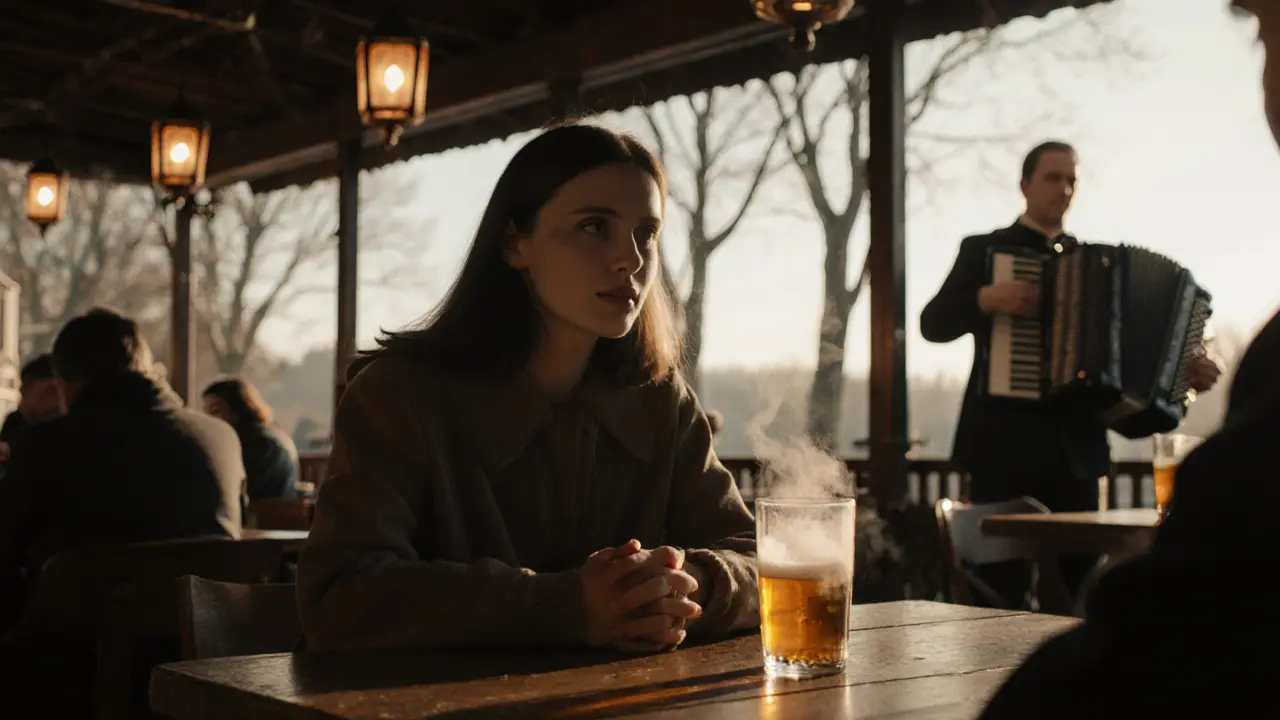
From Stage to Screen: The Slow Rise
By 2020, she’d appeared in 18 regional productions. Most were funded by small grants or crowdfunding. One film, Die Frau mit dem Fahrrad, was shot entirely on a borrowed bicycle and a smartphone. It screened at 12 local festivals. A critic from Der Münchner wrote: “Müller doesn’t perform. She exists. And that’s rarer than any special effect.”
Her breakout role came in 2022 with Die Stadt, die sie liebte, a drama about a librarian who secretly writes letters to strangers around Munich. The film was produced by a team of six people, all from the city. It won the Bavarian Film Prize and was later selected for the Berlin International Film Festival. For the first time, international press mentioned her name. But she still lived in the same two-bedroom apartment in Laim, where she’d moved after college.
Why Munich Matters to Her Work
Munich isn’t just where Melanie works-it’s who she is. She speaks with a soft Bavarian accent that she never tried to erase. She still shops at the Viktualienmarkt on Saturdays. She knows the barista at Café Glockenspiel by name. She takes the tram to rehearsals instead of hiring a driver.
Her characters often reflect this: women who don’t leave, who stay and build something real. In Die Kaffeemaschine (2023), she plays a woman who fixes coffee machines in a dying neighborhood. The film has no villain. No chase scenes. Just a woman repairing machines, talking to customers, and slowly bringing people back to the same corner café where she grew up.
That’s the Munich charm: quiet persistence. No fireworks. No viral moments. Just steady, thoughtful work that builds over time.
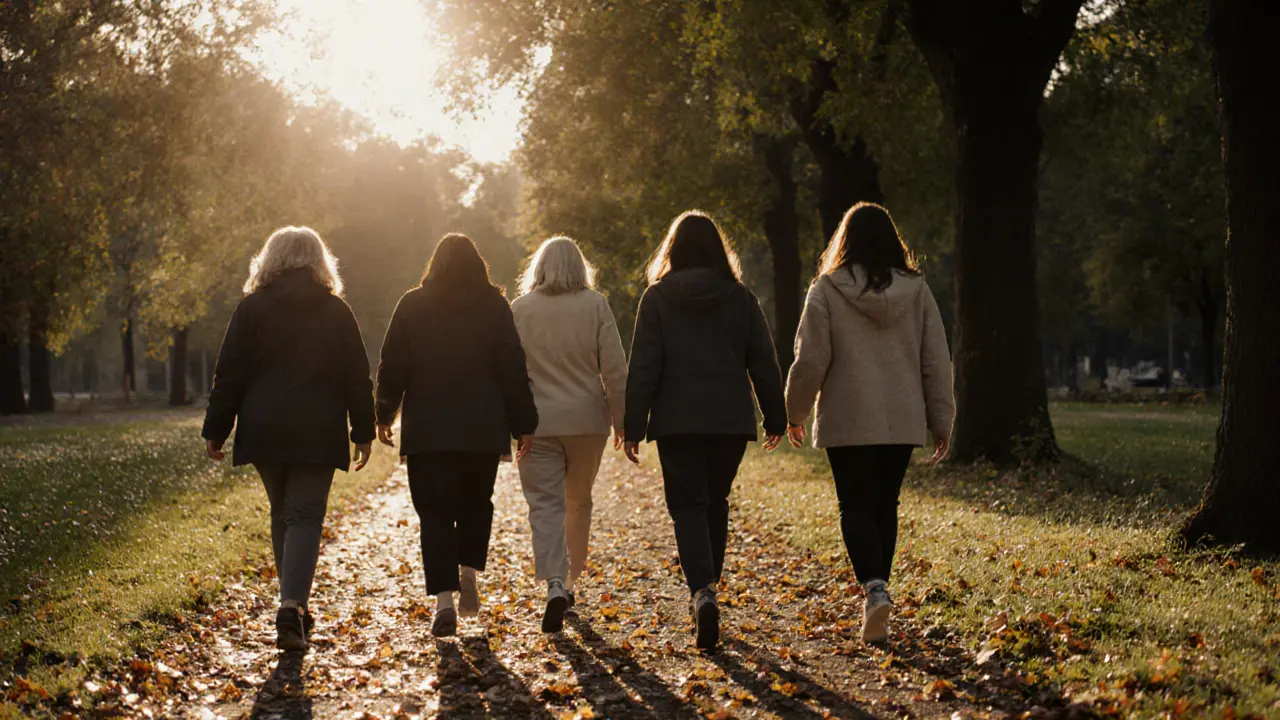
What’s Next? The Next Chapter in Bavaria
In 2025, Melanie is directing her first feature. It’s called Die Straße, die ich ging-a film about five women who walk the same path through the Englischer Garten every day for a year. Each woman has a different story. One is a retired teacher. Another is a refugee learning German. A third is a teenager skipping school to think.
The budget? €120,000. Mostly from regional arts funding. No studio backing. No celebrity cameos. Just her, a small crew, and 100 hours of natural light.
She doesn’t want to be famous. She wants to be remembered. Not as the actress who made it big, but as the one who stayed and told the stories no one else thought were worth telling.
Her Legacy Is Already Being Written
Young actresses in Munich now talk about Melanie the way musicians talk about Nina Simone-not because she was perfect, but because she was true. Acting schools in Bavaria have started including her scenes in their curriculum. One student told me: “She taught me that you don’t need to scream to be heard. Sometimes, just showing up is enough.”
There are no Hollywood red carpets in her future. No talk show appearances. No Instagram influencers asking her for tips. But there are people in Munich who still stop her on the street and say, “You were in that film about the coffee machine. I cried. I didn’t know I needed to see that.”
That’s the kind of impact that lasts longer than fame.
Is Melanie Müller a well-known actress outside Germany?
Melanie Müller is not widely known outside Germany, especially outside German-speaking countries. Her work has been shown at a few international film festivals, including Berlin and Locarno, but she has not pursued global fame. Her recognition is strongest in Bavaria and among indie film circles in Europe.
Why does Melanie Müller avoid big international projects?
She believes authentic storytelling comes from deep roots. Melanie prefers working with local crews who understand Munich’s culture, dialects, and rhythms. She’s turned down roles in international productions because she doesn’t want to be a face in a crowd-she wants to be part of a community that shapes her work.
What kind of roles does Melanie Müller typically play?
She plays quiet, grounded women-often working-class, middle-aged, or overlooked. Her characters are mothers, librarians, repairwomen, and neighbors. They rarely speak in grand monologues. Instead, they communicate through glances, silence, and small daily acts. Her performances are praised for their emotional honesty, not dramatic flair.
Has Melanie Müller won any major awards?
Yes. She won the Bavarian Film Prize for Best Actress in 2022 for Die Stadt, die sie liebte. She’s also received several regional awards from Munich-based film festivals, including the Schwabing Art Award and the Isar Prize. While she hasn’t won international awards like the Oscars or Golden Globes, her work is frequently cited by European critics as some of the most authentic acting in contemporary German cinema.
Where can I watch Melanie Müller’s films?
Most of her films are available through regional streaming services in Germany, like Bayern 3 Film or ARD Mediathek. A few are on Vimeo or YouTube, uploaded by the production teams. Her 2023 film Die Kaffeemaschine is currently screening in select art house theaters in Munich, Nuremberg, and Augsburg. There is no official global distributor.

